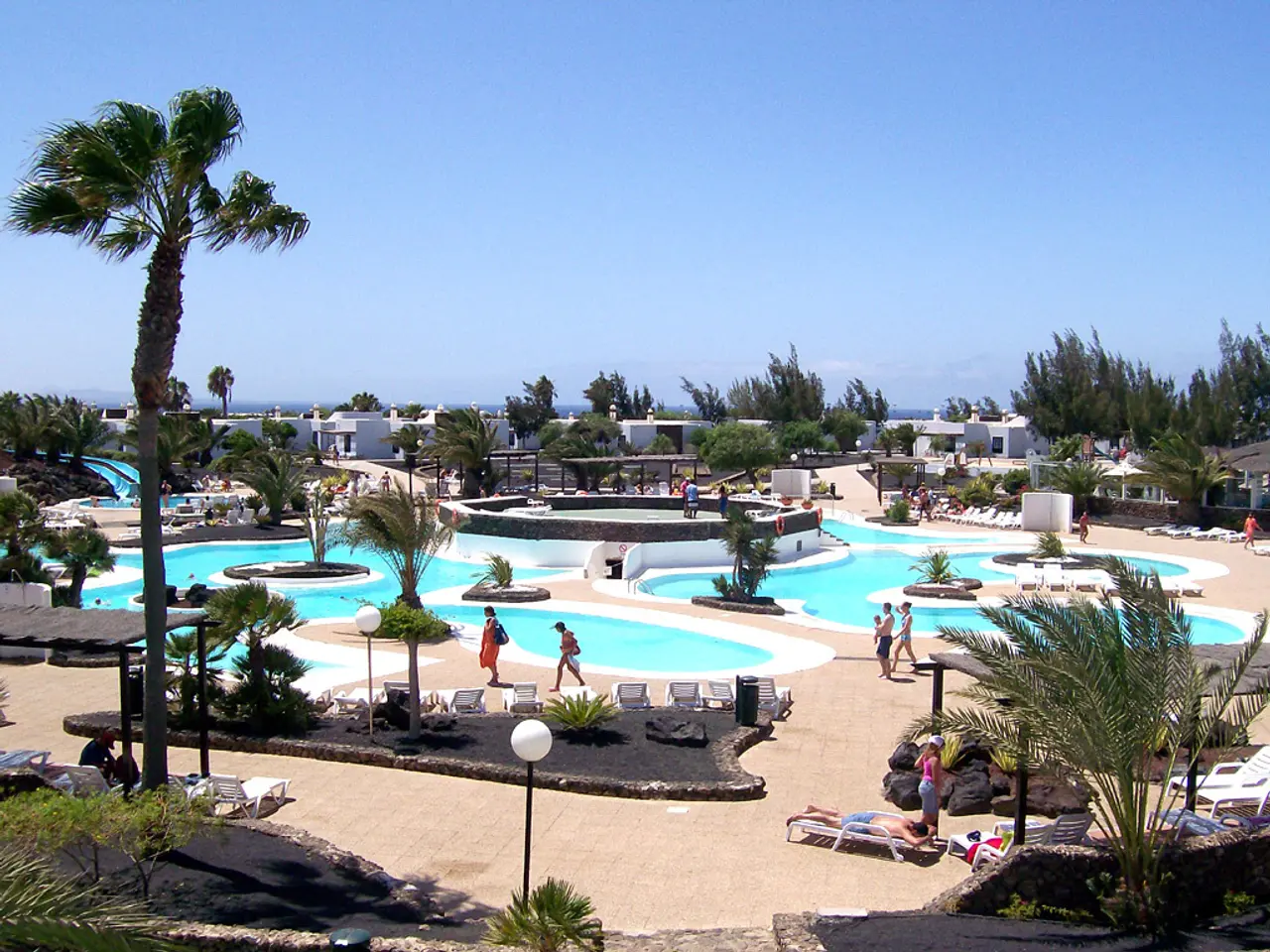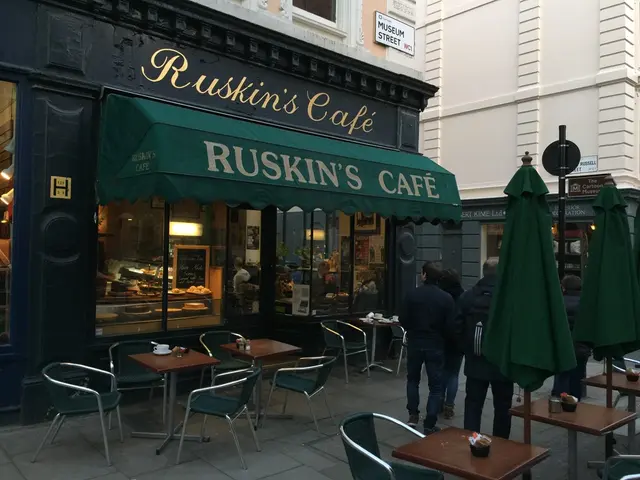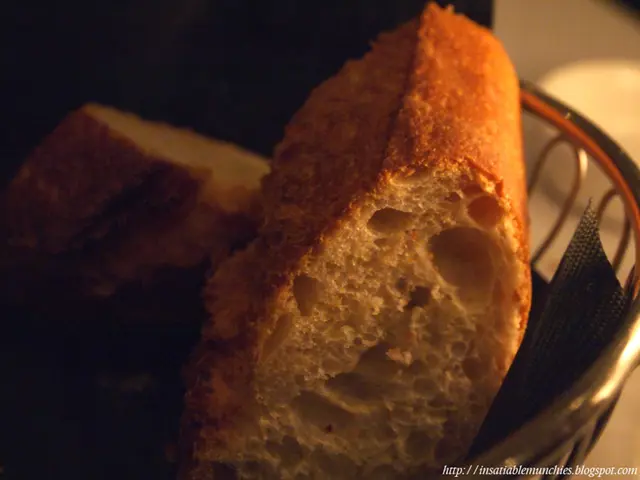Idyllic Jeju Island, the South Korean counterpart of Hawaii, boasts breathtaking vistas
Jeju Island, often referred to as the 'Hawaii of South Korea,' is a captivating destination that offers a unique blend of natural beauty, rich culture, and vibrant energy. This island, three times the size of Seoul, is located about 130 kilometres south of the Korean peninsula and is easily accessible by domestic flights from Seoul, with fares starting at Tk10,000.
The Seoul-Jeju route is one of the busiest air corridors in the world, with over 420 flights a week. Budget airlines like Jeju Air and T'way make the journey affordable, though travellers should allow time for airport transfers between Incheon and Gimpo.
Once on Jeju, visitors are greeted by a landscape of striking contrasts. The island's beaches, from the rugged charm of Yongmeori and Iho Tewoo, to the emerald waters of Hamdeok and Hyeopjae, offer diverse experiences for every beach-goer. Gimnyeong Beach, with its calm teal waters and white sand, provides a serene retreat, while the breeze carries whispers of salt and peace.
Jeju is also renowned for its stunning cherry blossoms, which paint the island pink in the spring. Seongsan Ilchulbong, Jeju National University, and Cheonjiyeon Waterfall are particularly spectacular during this season. Cheonjiyeon Waterfall, whose name means 'sky connected with land,' is a 22-meter cascade located in Jeju.
One of the most fascinating aspects of Jeju is its Haenyeo, legendary women divers who plunge into the sea without oxygen tanks, returning with various marine life. There are approximately 4,500 Haenyeo divers remaining, and UNESCO named them an Intangible Cultural Heritage in 2016.
For those interested in Korean culture, Jeju is a popular filming location for K-dramas such as 'When Life Gives You Tangerines' and 'Our Blues.' The Osulloc Tea Museum, with its neat green rows of tea fields, offers tea sampling, including matcha lattes and green tea cakes.
The climb to Seongsan Ilchulbong, also known as Sunrise Peak, takes about half an hour and offers a panoramic view of the east coast. This volcanic tuff cone is a UNESCO World Heritage Site. Another must-visit is Jusangjeoli Cliff, a site of hexagonal black rock columns formed by Hallasan's lava over 150,000 years ago.
For food lovers, Dongmun Traditional Market is a bustling market with various food options, including abalone porridge, braised cutlassfish, grilled mackerel, and freshly squeezed Hallabong juice.
Songaksan Mountain and the Olle Trail offer a gentle, peaceful stroll along cliffs with an endless view of the sea. Whether you're seeking adventure, relaxation, or cultural immersion, Jeju Island promises an unforgettable experience.








